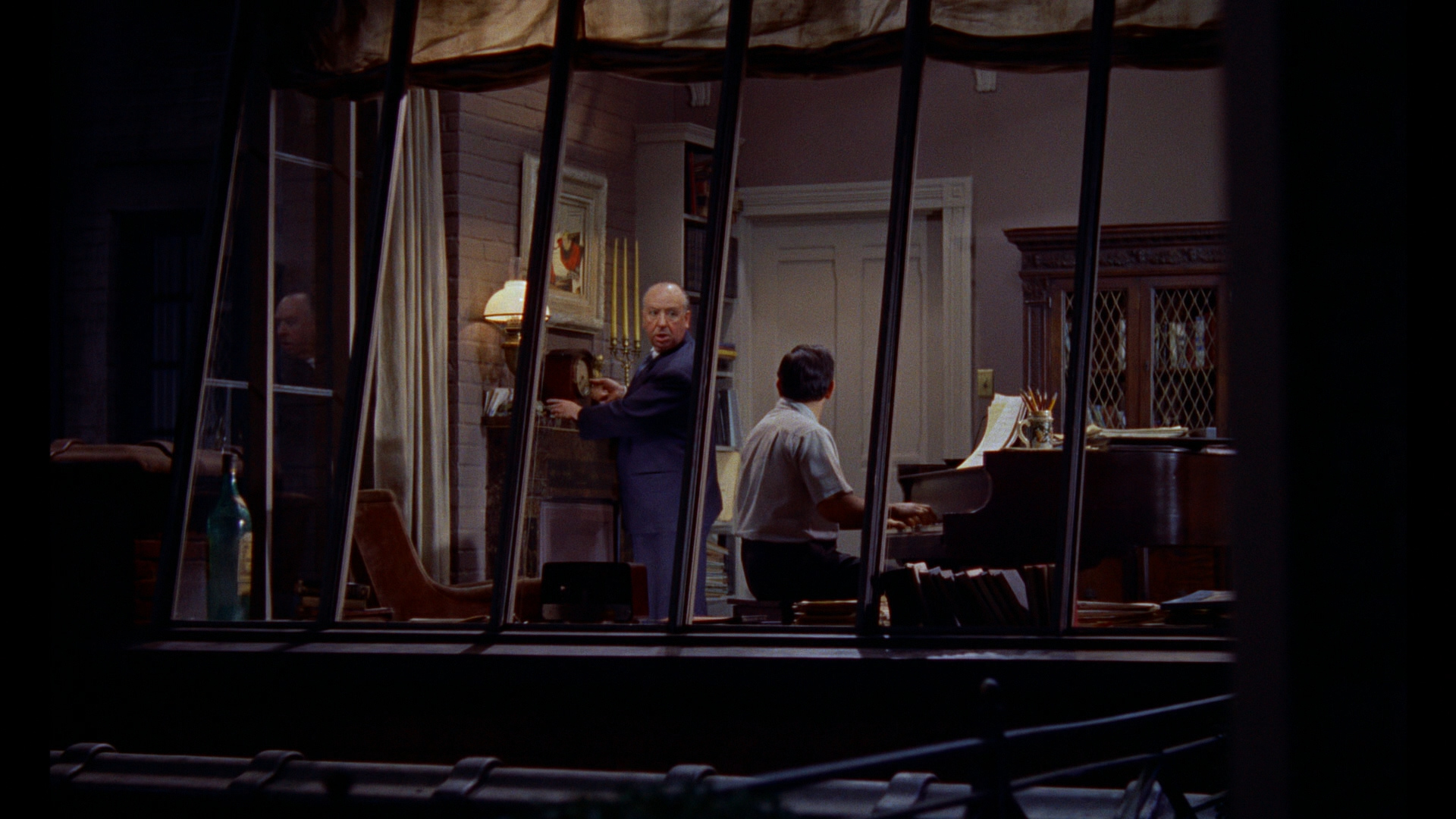The Criminal Life of Archibaldo de la Cruz (1955) - Luis Bunuel
With this being one of the most acclaimed films from his Mexican period, I have to admit I expected a little more. It definitely has an intriguing premise of a a man who's obsessed with commiting a murder, but it was treated very conservatively,which is kind of uncharachteristic for Bunuel. It lacked an intriguing dialogue and surreal images, which are obligatory parts of Bunuel's masterpieces. There were couple of scenes ,which were really hypnotic and interesting like burning of a wax figure and Archibaldo's vision of making his bride pray before he kills her, but it was just too few of them. The Criminal Life of Archibaldo de la Cruz worked well as a psychological comedy and Bunuel's usual satire on aristocracy, but unfortunately wasn't that captivating and lacked Bunuel's trademark touch, which usually lefts me in awe. Perhaps it could benefit on a rewatch, but right now it didn't really impress me. Right now I'm excited to explore more of his work from Mexican period.

Rating: +
With this being one of the most acclaimed films from his Mexican period, I have to admit I expected a little more. It definitely has an intriguing premise of a a man who's obsessed with commiting a murder, but it was treated very conservatively,which is kind of uncharachteristic for Bunuel. It lacked an intriguing dialogue and surreal images, which are obligatory parts of Bunuel's masterpieces. There were couple of scenes ,which were really hypnotic and interesting like burning of a wax figure and Archibaldo's vision of making his bride pray before he kills her, but it was just too few of them. The Criminal Life of Archibaldo de la Cruz worked well as a psychological comedy and Bunuel's usual satire on aristocracy, but unfortunately wasn't that captivating and lacked Bunuel's trademark touch, which usually lefts me in awe. Perhaps it could benefit on a rewatch, but right now it didn't really impress me. Right now I'm excited to explore more of his work from Mexican period.

Rating: +
 - Hitchock's cameo
- Hitchock's cameo




